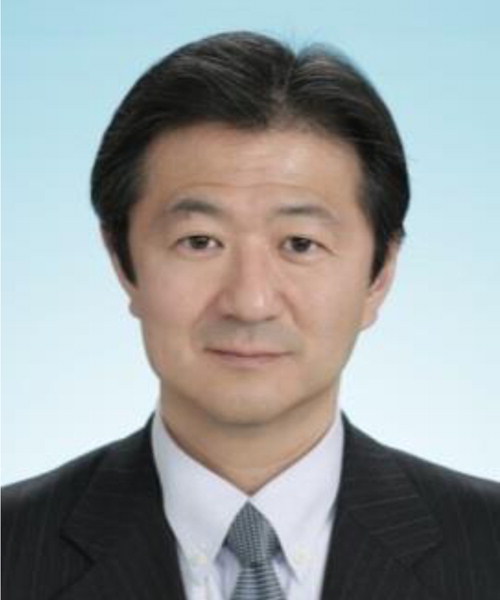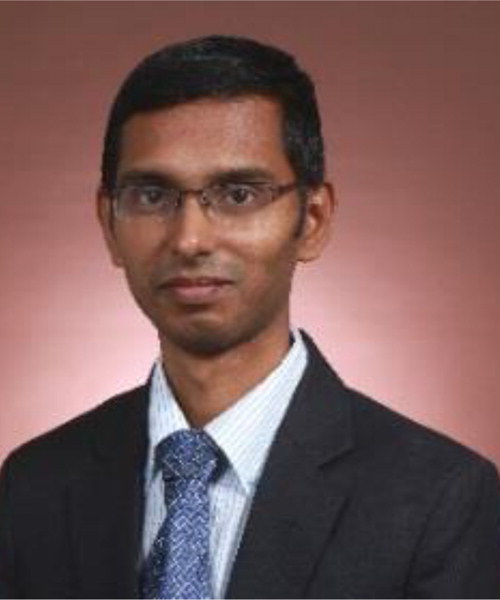The International Conference on Polygeneration (ICP) have established as a highly reputed conference series for leading scholars in the field of energy conversion with more than one form and its related research fields. The energy supplied to the system could be provided by conventional sources, including fossil fuels, renewable energy or a combination of them. ICP2019 is the 5th installment following successful events in Cuernavaca, Mexico (ICP2017), Chennai, India (ICP2015), and Tarragona, Spain (ICP2013, ICP2011).
ICP2019 was held in Fukuoka, Japan from May 15 to 17, 2019. The event was highly successful where leading energy experts presented 4 plenary lectures, 2 panel sessions, 16 oral sessions, a poster session with 120 contributed papers in total. This time, ICP2019 devoted a Special Session in the memory of Prof. Shigeru Koyama, a world-renowned scientist from Japan. ICP conference series has been reputed for quality technical and scientific papers that are published in impactful journals obtaining respectable citations. There is no exception for the ICP2019 in maintaining an excellent tradition. Twelve technical papers that address key issues in thermal engineering were selected for this Special Issue.
The first 3 papers by Perera et al., Lee et al., and Takezato et al., focus on the performance of the refrigerants. The next 4 papers by Desai et al., Akhter et al., Jahan et al., and Naik et al. investigate the performance of the materials for cooling, adsorption, and drying systems. The eighth and ninth papers by Irshad et al. and Looi et al. deal with the air duct system for tropical climate. The tenth and eleventh papers by Gajghate et al. investigate the pool boiling heat transfer. The twelfth paper by Honzawa et al. focuses on the ammonia combustion system for low-carbon emission.
We sincerely hope that this exchange of knowledge and experience during ICP2019 resulted in an enhanced global collaboration between academics and researchers to further advance the interrelated fields of refrigerants, materials for heat transfer systems, boiling heat transfer, and low-emission combustion.
ICP2019 simply serves its primary objective which is to form a platform for exchanging knowledge and experience promoting global collaboration. In doing so, international experts have actively participated to further advance the interdisciplinary research fields of polygeneration.
Our gratitude is expressed to the supports from the conference co-organizers, International Institute for Carbon-Neutral Energy Research (WPI-I2CNER), Kyushu University, Research Center for Next Generation Refrigerant Properties (NEXT-RP), Kyushu University. We would like to extend our sincere appreciation to WPI-I2CNER and NEXT-RP, Kyushu University for their support.
We strongly recognize significant contributions by all authors without whom ICP won’t be in existence. We especially record our gratefulness to the reviewers who have provided their expertise and strong effort in reviewing the manuscripts from the conference stage to special issue edition. Last but not least, we are indebted to the Editor-in-Chief of Heat Transfer Engineering Journal, Prof. Afshin J. Ghajar, for his careful editing of the final versions of the papers published in this special issue and for his dedication and willingness to publish this series of special issues highlighting the current research going on worldwide.
Additional information
Notes on contributors

Hiroaki Watanabe
Hiroaki Watanabe obtained his B. Eng. and M. Eng. degrees from Waseda University in 1996 and 1998, respectively. He received his Ph.D. in 2008 from Kyoto University. He joined Central Research Institute of Electric Power Industry in 1998 and moved to Department of Mechanical Engineering, Kyushu University in 2014. Since October 2018, he has been working as a principal investigator at the International Institute for Carbon-Neutral Energy Research (WPI-I2CNER) in the Division of Thermal Science and Engineering. His research interests include mathematical modeling and simulation of turbulent multiphase combustion and solid material conversion. He has published more than 170 articles in peer-reviewed journals and international conference proceedings. He serves as the editorial board member of Advanced Powder Technology and Vibration Testing and Systems Dynamics.

Sivasankaran Harish
Sivasankaran Harish is presently working as a Principal Researcher at The University of Tokyo, Japan. He worked at Kyushu University as an Assistant Professor before moving to Tokyo. He obtained his Doctorate of Engineering degree from The University of Tokyo, Japan in 2013. He worked as a JSPS post-doctoral fellow in the Department of Mechanical Engineering at Kyushu University, Fukuoka. He obtained his Master of Science degree in 2010 from Eindhoven University of Technology, The Netherlands and Bachelor’s degree in Mechanical Engineering from College of Engineering, Guindy, Anna University in 2007. He was a visiting lecturer at The University of Edinburgh in 2017, visiting research fellow at Stanford University, USA in 2011 and worked as a research intern at CERN Particle Physics Laboratory, Geneva in Electronics Cooling Division in 2009. He was a recipient of ASML-Henk Bodt Fellowship, Royal-Dutch Shell Personal Development Award, Monbukogakusho Fellowship from Japan Ministry of Science and Education and Post-Doctoral Fellowship from Japan Society of Promotion of Science. His current research interests include waste heat harvesting using nanostructured thermoelectrics, phase change heat transport, nanocomposites for electronics cooling and thermal energy storage applications.
